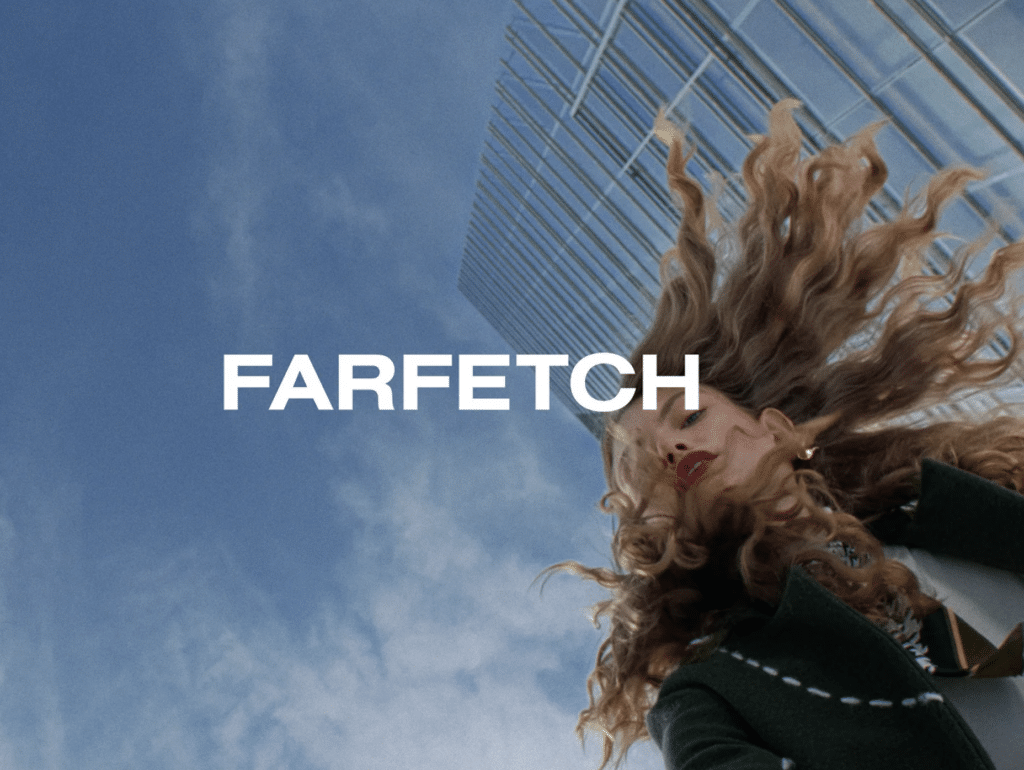Farfetch confirmed its long-rumored IPO plans in a regulatory filing on Monday. The 10-year old London-based online luxury fashion retailer, which plans to list on the New York Stock Exchange, is looking to raise $100 million (a figure that is being called a “place holder” to calculate registration fees, may change closer to the offering as underwriters gauge investor interest), but did not disclose the number of shares it would sell (in addition to its existing Class A ordinary shares and Class B ordinary shares) or the offer price per share.
According to the Financial Times, the appeal of Farfetch – which was founded in London in 2008 by Portuguese entrepreneur Jose Neves – is tied to “its extensive distribution network and rapid delivery service, plus links to high-fashion brands including Chanel, Gucci and Balenciaga,” plus exclusive deals for capsule collections with Burberry and among others.
For investors, its appeal can be found behind the scenes: Unlike typical retailers, Farfetch does not own the inventory it sells. Instead, it serves as a connector of boutiques and consumers. When a consumer places an order on Farfetch, it is passed on to the boutique that has the item(s) ordered to complete fulfillment and shipping. Product stock and pricing info on Farfetch also relies on feeds from boutiques. Farfetch takes a 25 percent commission from its boutique partners per sale, while being able to avoid the expense of holding stock and potentially have to off-load unsold merchandise at the end of the season.
“We are a technology company at our core and have created a purpose-built platform for the luxury fashion industry. Our platform consists of three main components: applications, services and data,” the company wrote in the filing.
CNBC notes that traditional “marketplace” companies, such as eBay, Amazon, JD.com and Alibaba, “often trade at a higher premium than traditional retailers.” The $5 billion valuation that Farfetch is said to be aiming for, “would take advantage of that premium, pegging Farfetch against them.”
The company’s current investors include Condé Nast, the parent of Vogue magazine; Felix Capital, which has also invested in Goop and the Business of Fashion, among others; Index Ventures, which has invested in Glossier and Grailed; Carmen Busquets, an investor tied to Business of Fashion, Moda Operandi, Felix Capital, and Lyst; and of course, former Net-a-Porter founder (and current Farfetch co-chair) Natalie Massanet’s fund Imaginary Ventures, which has taken a stake in Farfetch.











